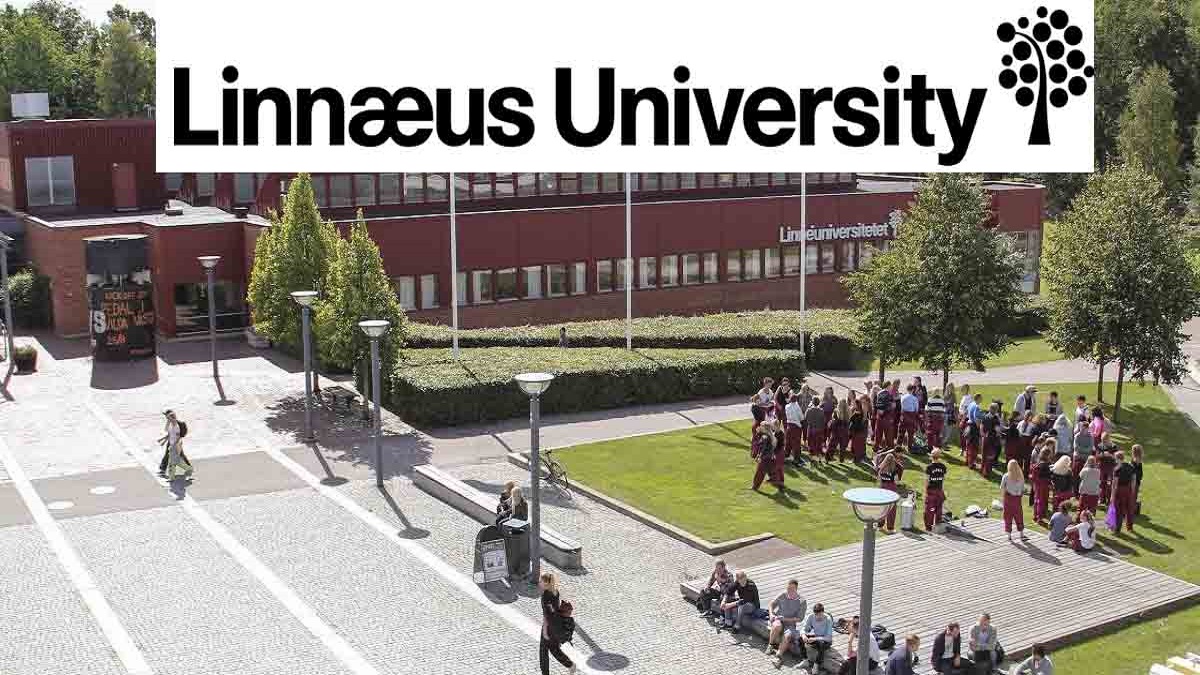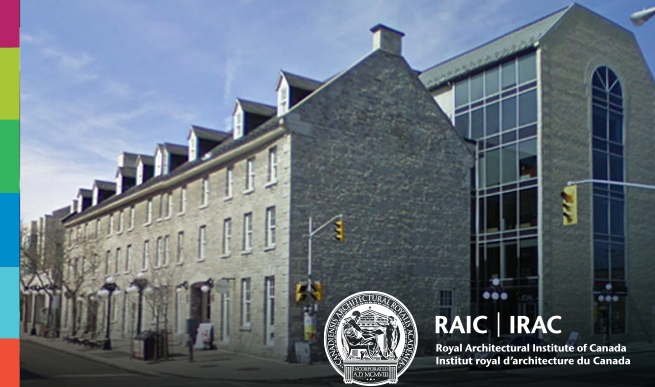
Reference number: HR-2023/1940
Welcome to Linnaeus University! Here you’ll meet 2 200 staff members and 40 000 students, all united in following the vision to set knowledge in motion for a sustainable societal development. With us, research and education are conducted with an eye towards the future. Our proximity to the business world, both locally and globally, gives us a wide reach and the ability to create change that makes an impact. All that’s needed is a place where ideas have the space to meet and grow. That’s what we’ve created – and you are invited.
Change starts here!
The Faculty of Technology has a wide range of activities spanning nine different departments through which Linnaeus University provides education and conducts research. The courses in technology cover everything from short courses of a few weeks or months to five-year Master of Science in Engineering courses. The research responds to society’s needs in several broad fields – both in the short and long term – with basic research and applied research in collaboration with stakeholders.
The department of Building Technology conducts exciting research in the subject area and has extensive collaboration with business partners in research and education. The department works together with the neighboring departments for a creative environment with challenging educations and outstanding research. Research in building technology includes wood building technology, steel, concrete and composite construction technology, building physics, historical structures, structural health monitoring, life cycle analysis and building materials. The department currently offers two bachelor’s programs and a two-year master’s program, the latter in Sustainable Structural Engineering. We are currently developing an innovative Master of Science in Engineering program in Building Technology.
We are looking for a postdoctoral fellow for a two-year position with a focus on energy- and climate-efficient wood-based buildings who can conduct high-quality research and publish articles in the field of life cycle analysis with a focus on environmental impact.
Subject area for the position: Building technology.
Location until further notice: Växjö.
Hours and term: 100% permanent position for two years, with the possibility of a one-year extension.
Starting date: Starting date as agreed upon.
Job description
The position will be a part of the research profile Competitive Timber Structures at the Department of Building Technology and the working tasks mainly consist of research in primary energy use and carbon emissions implication of wood-based buildings. Primarily, the post holder will perform research that aims to improve understanding of the climate implications of wood-based building systems and identify opportunities to optimize the primary energy use and carbon footprint of such building systems. This encompasses considerations of all stages of wood-based building, including production, operation, and end-of-life phases. Primary energy use and carbon footprint of wood-based buildings will be explored in a life cycle perspective and compared with functionally equivalent building alternatives based on conventional construction techniques.
The main goal is to identify technically sustainable solutions to further minimize the primary energy use and carbon footprint of wood-based building systems, including hybrid solutions. The tasks involve collaboration with industrial partners, with whom the project aims to identify resource efficient strategies for optimizing energy and climate performance of wood-based buildings in view of the recent regulation for climate declaration of new buildings in Sweden.
The postdoctoral fellow is expected to actively participate in the department’s environment and network both internally and externally. About 20 % of the work can include teaching and tutoring at the undergraduate and graduate level.
Qualifications:
Anyone who has a doctorate in building technology, or who has a degree from another country that is equivalent to a doctorate in building technology, qualifies for the position.
In accordance with the postdoc agreement, applicants who were awarded their degree no more than three years prior to the last application date for the present position should be considered first.
An applicant must not previously have been employed as a postdoc for more than a year within the same or a related subject area at Linnaeus University.
Qualification for this position also requires the applicant to have experience with methods and tools for evaluating building systems using material flow analysis, energy simulation, carbon footprint and life cycle analysis (LCA).
Assessment criteria:
The work is performed in a research project involving industrial partners. Due to this, good capacity for teamwork and flexibility are considered highly important. Good knowledge of English is needed, and knowledge of Swedish is desirable.
Qualifying otherwise is documented experience of research in building technology, with emphasis on environmental performance of buildings.
Further assessment criteria are experience in research collaborations with research groups at universities or in industry, as well as teaching skills relevant to the field of building technology.
When the university employs new teachers, the choice should fall on those applicants who, based on a qualitative holistic assessment of competence and skills, are considered most likely to successfully perform and develop relevant tasks and contribute to successful development of the organisation.
Welcome with your application according to instructions at the latest, Januari 17, 2024.
Contact
Head of department: Thomas K. Bader, tel. 0470-76 75 79, thomas.bader@lnu.se
Research coordinator: Anders Olsson, tel. 0470-70 89 85, anders.olsson@lnu.se
HR-partner: Linda Wincent, tel. 0480-49 76 75, linda.wincent@lnu.se
![Postdoctoral and Research Opportunities at McGill University [CA]](https://scholaridea.com/wp-content/uploads/2020/06/mcgill-university-30-may-2019-768x402.jpg)

